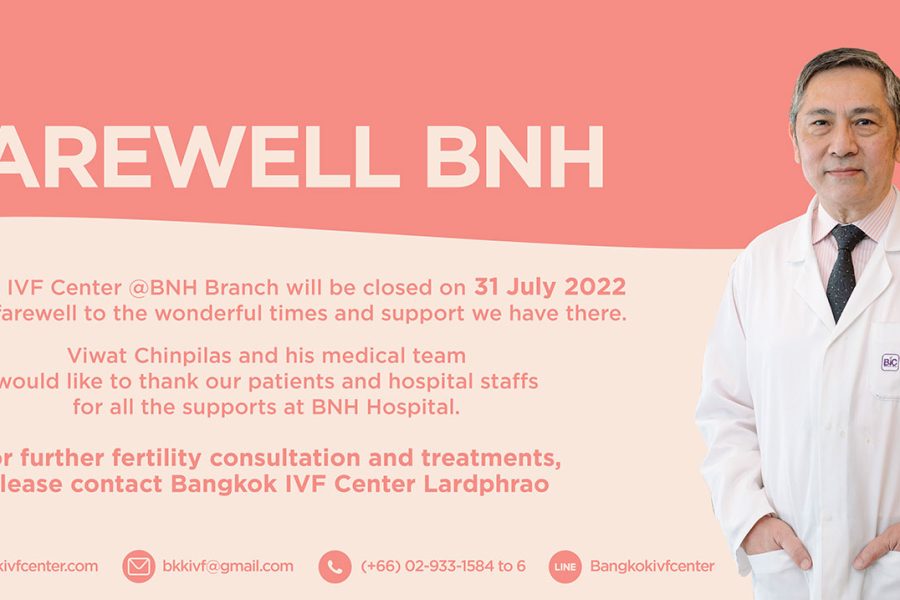If you are married and have had intercourse regularly for more than a year but still haven’t conceived, you are having infertility.
Infertility is a disease that needs medical treatment to enable you to have a baby. With the right treatment, having a baby won’t be such a difficult task. First of all, we need to get to the root cause of infertility in each patient by running a health check. After that, the medical team can recommend the best treatment to the patients. The most common infertility treatments are Intrauterine insemination (IUI) and Intracytoplasmic Sperm Injection (ICSI).
Intrauterine insemination (IUI) treatment
is done by placing sperm directly into the uterus of the mother on the day of ovulation to induce conception naturally. This method is good for mothers who don’t have hydrosalpinx (when fallopian tube/s are damaged or blocked) and have a healthy uterus. On the fathers’ side, their sperm cannot be too unhealthy. However, for families that have tried IUI for 3-4 times without success, they might need to consider ICSI.
Intracytoplasmic Sperm Injection (ICSI)
is the method of fertilizing eggs with sperm in the laboratory and developing them into embryos. The developed embryos will be placed in the uterus to become pregnant. ICSI is good for mothers who have hydrosalpinx or chocolate cysts in their ovaries. It is also good for fathers who have weak sperm with poor motility or abnormally shaped sperm. Families that are over 36 years old can be experiencing infertility and should consider ICSI too, especially after trying IUI for 3-4 times without getting pregnant.
If you are interested in getting a consultation about having a baby, please contact,
Tel: +(66)02-933-1584 to 6
line@: Bangkokivfcenter




